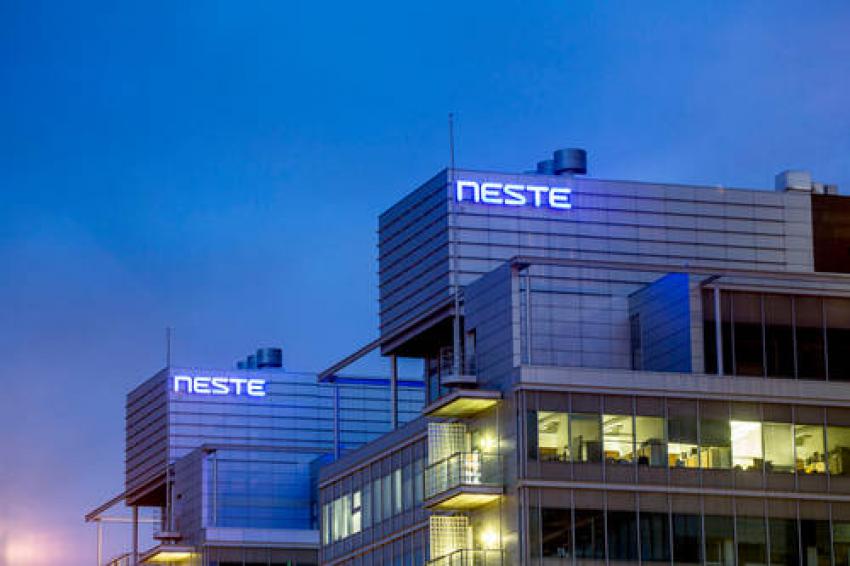Neste and LG Chem Partner on Renewables
In the coming months, LG Chem will start replacing fossil feedstocks commonly used in manufacturing polymers and chemicals with Neste’s renewable hydrocarbons, helping to meet its customers’ rising sustainability requirements, for example those that produce plastic containers, packaging, hygiene products and electronic materials.
“This cooperation enables us to further expand the portfolio of applications that can benefit from Neste’s renewable drop-in solutions,” said Mercedes Alonso, Neste’s executive vice president, renewable polymers and chemicals.
Neste’s renewable hydrocarbons are produced entirely from traceable, bio-based raw materials, such as waste and residue oils and fats.
Last month, the Finnish group agreed to buy Bunge Loders Croklaan’s refinery in Rotterdam, the Netherlands, for €258 million. The plant is located next to Neste’s biorefinery and comprises a pretreatment facility, tank farm and jetties, as well as a pipeline connection between the two sites.
The facility’s transition will be implemented in phases with full pretreatment capacity available for processing Neste’s feedstock by the end of 2024.
“The acquisition of the refinery plant supports our global growth strategy in renewables. It allows us to accelerate the scaling up of our renewable raw material pretreatment capacity, which is an important driver for expanding the use of waste and residue feedstocks and increasing our feedstock flexibility,” said Neste president and CEO Peter Vanacker.
He added: “We are committed to increasing the share of waste and residues in our renewables feedstock mix to 100% by 2025 and to grow our production platform to enable over 20 million tons of greenhouse gas reductions for our customers by 2030.”
Neste will expand its renewables production capacity from 3.2 million t/y to 4.5 million t/y by the first quarter of 2023. An expansion in Singapore will provide an extra 1.3 million t/y when it is completed during the first half of 2022.
Author: Elaine Burridge, Freelance Journalist





